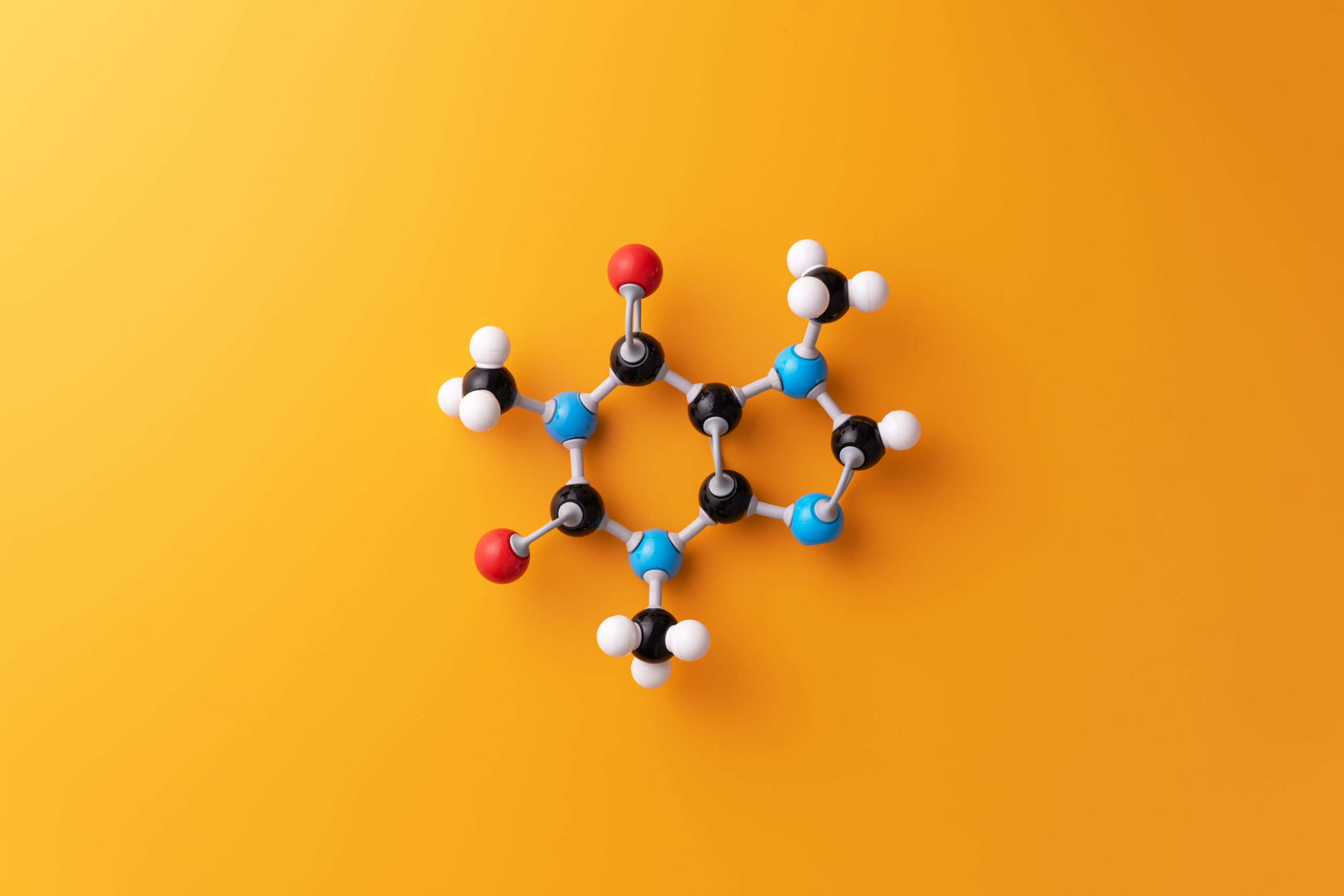
Blog
How Caffeine Helps Alertness and Brain Function
Caffeine is one of the most widely used stimulants in the world. It’s found naturally in foods and drinks, but it’s also added to many

Caffeine is one of the most widely used stimulants in the world. It’s found naturally in foods and drinks, but it’s also added to many

Very few people fail to love coffee, and even fewer people completely forsake caffeine itself, since it’s present in so many other refreshing products. This


